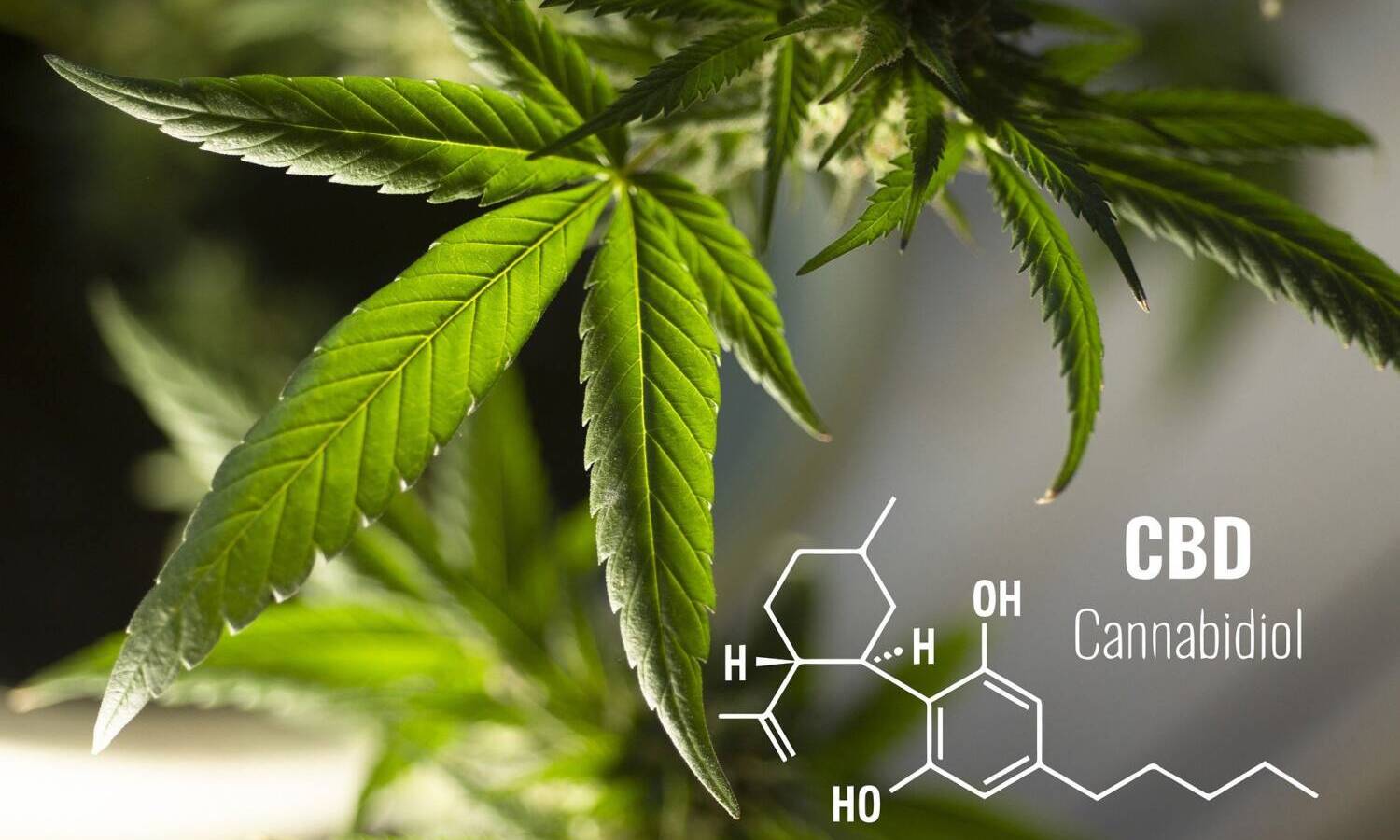
Does CBD minimize the harmful effects of THC? New study has answer
Of
One of the biggest controversies in the cannabis space is whether CBD alters the physiological effects of THC. Many believe that CBD offsets some of the adverse effects of THC, making it more tolerable. And certainly, a number of studies have pointed to such a possibility, especially when the CBD to THC ratio is high.
Consequently, many believe that some of the adverse effects of THC can be “tamed” with the addition of CBD. While such a relationship can affect standards for safe THC limits, every effort must be made to ensure such claims are substantiated.
Photo by Gajus/Getty Images
In a recent study published in the journal Neuropsychopharmacology, researchers found no evidence that CBD prevents side effects that THC can cause. This led them to propose that the finding should be considered in health policy decisions about medicinal and recreational cannabis.
This double-blind, crossover study testing different THC:CBD ratios investigated whether cannabidiol makes cannabis safer.
RELATED: CBD No Better Than Placebo For Cancer Symptoms: Are We At It Again?
The study included 46 healthy participants who rarely used cannabis. Participants were offered vaporized cannabis with varying concentrations of THC and CBD on four visits. The ratios offered were 1:1, 1:2, and 1:3 in a randomized and balanced order. Even at a 3:1 ratio, CBD did not alter the subjective pleasurable effects of THC, nor did it reduce side effects. This prompted researchers to exclude CBD as a critical aspect in defining a standard THC unit as well as in determining the safety of a cannabis product.
Can Higher CBD:THC Ratios Change the Feel of THC?
While CBD may not alter the feel of THC at a 3:1 ratio, higher ratios greater than 10:1 can actually do so. Although CBD and THC both act on the CB1 receptor, their mechanism of action is quite different. CBD has an open and twisted ring that doesn’t allow it to fit well into the orthostatic CB1 receptor. Therefore, CBD modulates the CB1 receptor from allosteric sites.
RELATED: Cannabinoid Hyperemesis Syndrome: Paradoxical Effects of THC? Or something else?
THC, on the other hand, binds directly to the orthostatic sites of the CB1 receptors. This suggests that CBD can induce biased CB1 agonism and this can influence the downstream effects of THC.
In fact, preliminary reports of higher CBD:THC ratios have shown that CBD can mitigate the adverse effects of THC. However, the researchers of the study mentioned above have argued that this is not the effect of THC, but the fact that the amount of THC in higher rations is not significant enough to cause side effects. More studies are clearly needed to provide direction as to whether CBD makes THC safer.
This article originally appeared on MyCannabis.com and has been republished with permission.

Post a comment: